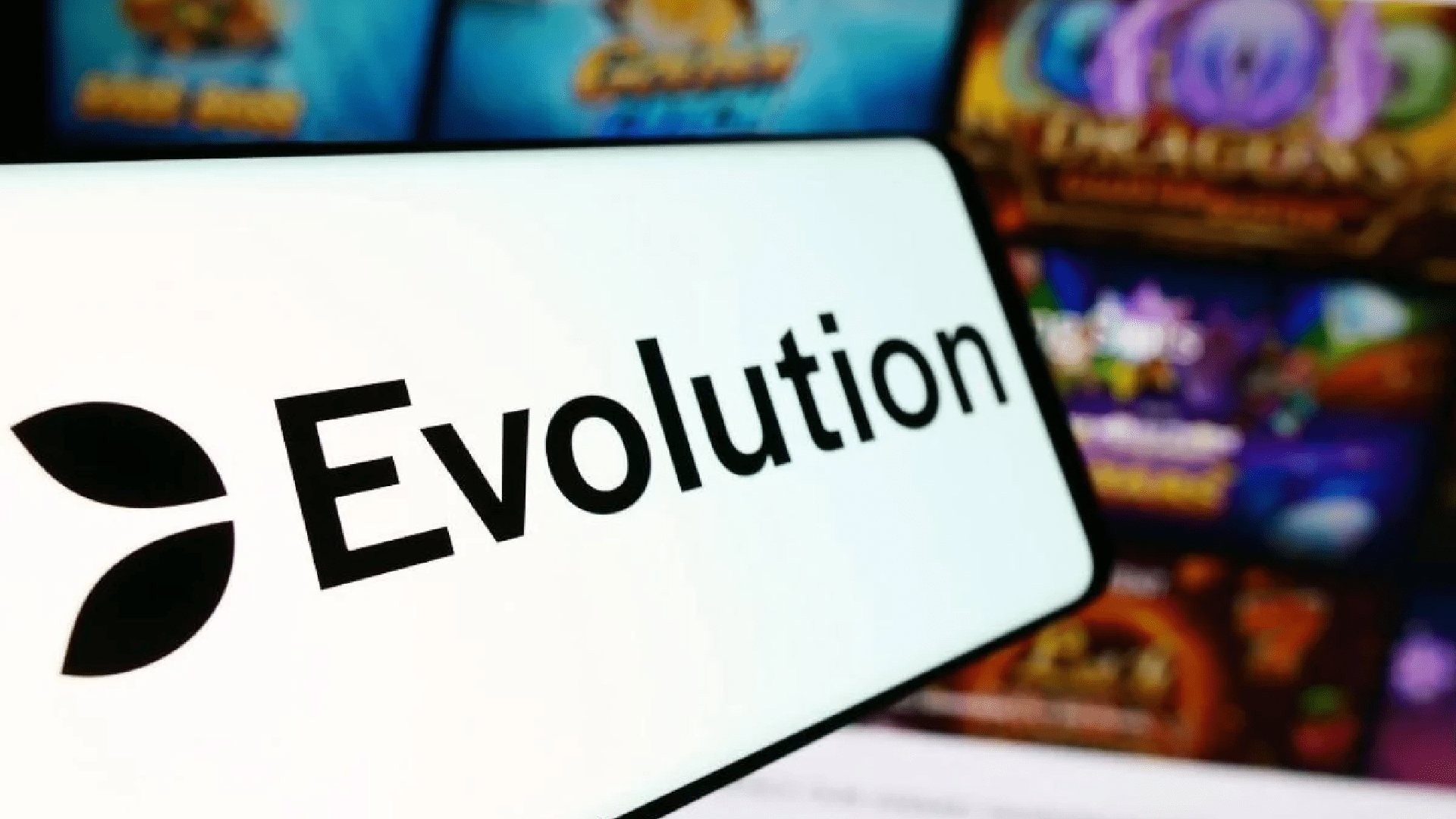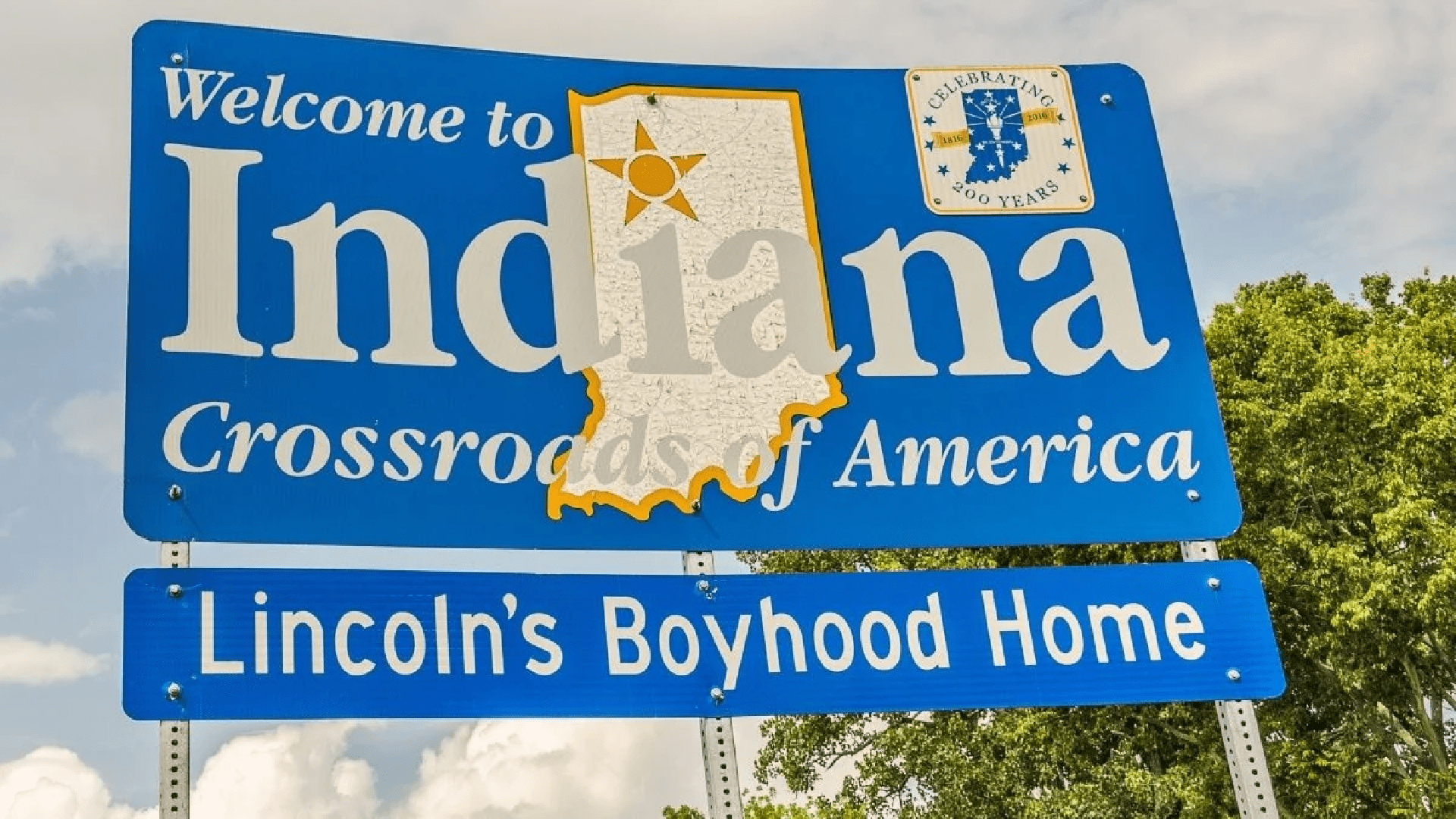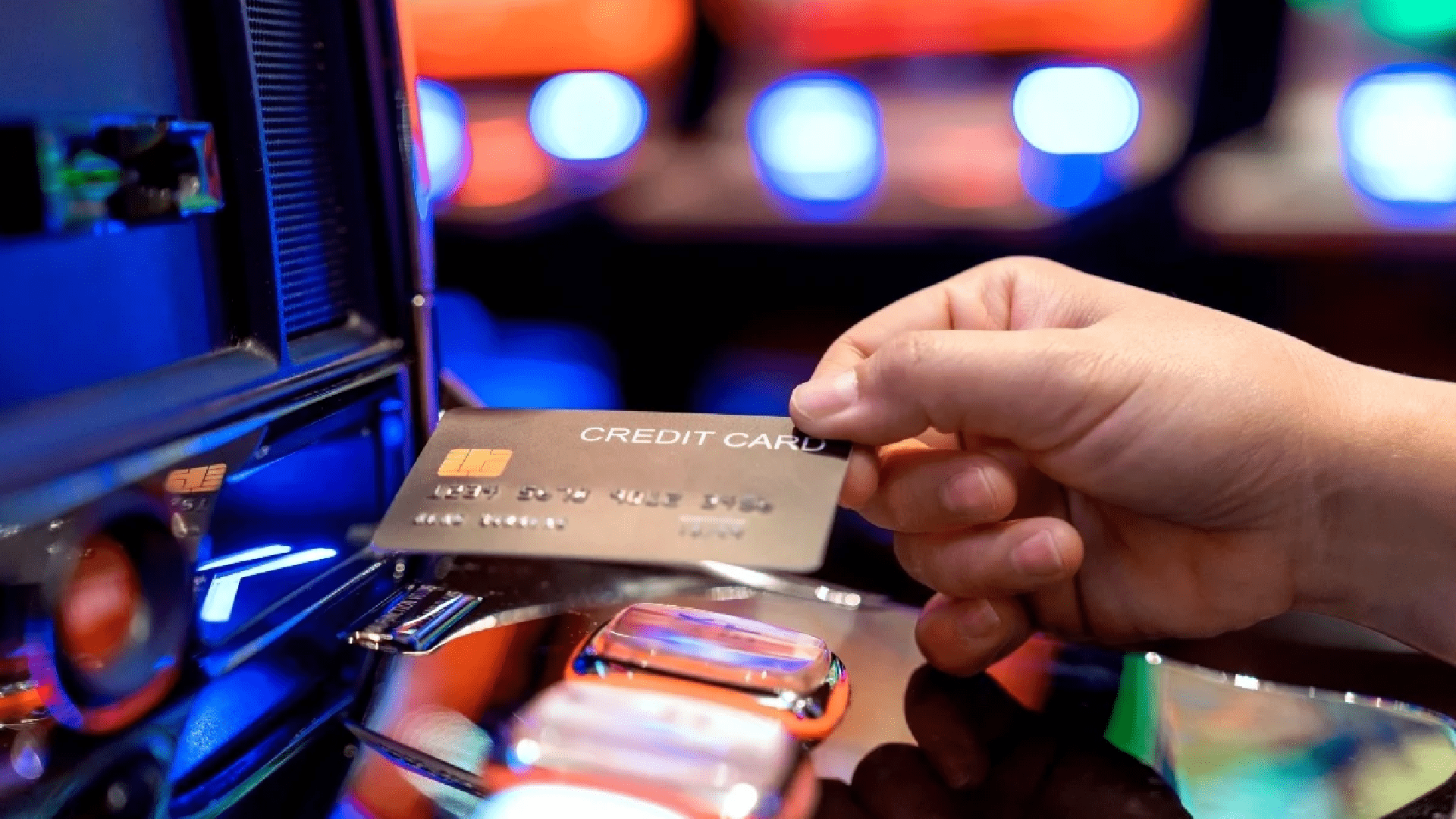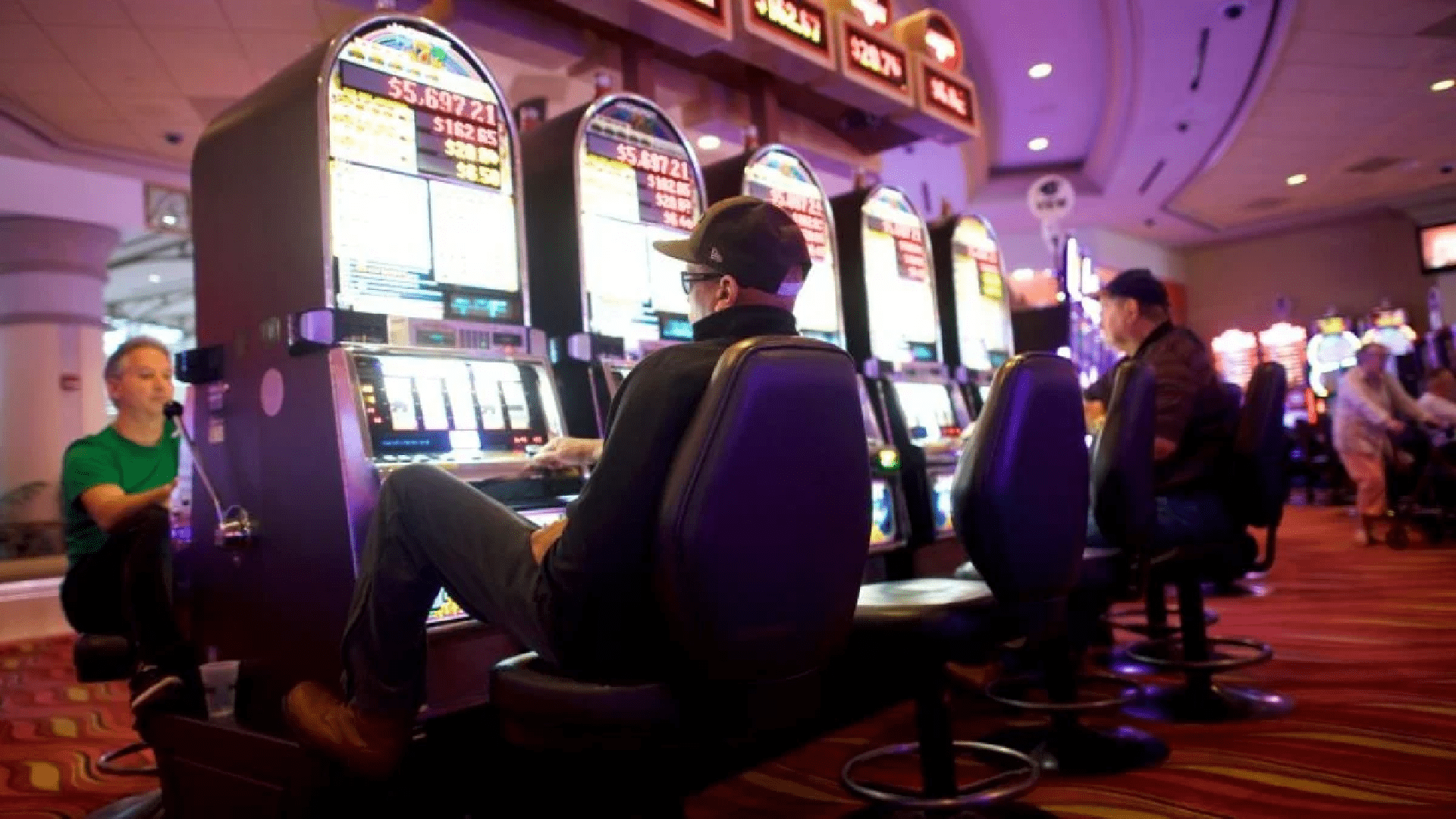
Study: Unregulated Online Gaming Sites Generated $67 Billion in Revenue Last Year
A recent study reveals that unregulated online casino sites and sportsbooks still lead in internet gambling even with legal growth in the United States.
Yield Sec, a gaming consultancy located in Denver, was recently hired by the Campaign for Fairer Gambling to examine the legal and illegal online gaming market in the U.S. Yield Sec analysts uncovered surprising data findings.
The report found that although revenue in the legal online gambling sector rose by 36% last year, with Rhode Island joining six other iGaming states and additional sports betting states emerging, the illegal offshore market continued to thrive. Gross gaming revenue (GGR) from unlawful online gaming increased nearly twofold with a growth rate of 64%.
Yield Sec estimated that online losses for US gamblers reached $90.1 billion last year. Among those losses, the unregulated sector accounted for 74% of the earnings, which is roughly $67 billion. The research also revealed that almost 90% of US consumers have encountered illegal gambling material across the different media they engage with.
Even in states that allow iGaming and online sports betting, Yield Sec discovered that the unregulated online market still prospered.
Researchers indicated that the unregulated online casino and sportsbook market draws players away from the legal marketplace by offering superior promotions and odds, without the burden of regulations and taxes. Although this may be accurate, participants using unregulated gaming sites lack consumer safeguards, including assurances that their winning bets will be honored and that account withdrawals will be processed.
Request for Action
The Campaign for Fairer Gambling, spearheaded and financed by poker professional and table game pioneer Derek Webb, aims to promote evidence-driven gambling reform to safeguard online boundaries, support the economy, and reduce gambling-related harm. Webb states that the Yield Sec report emphasizes how the legalization of online sports betting and casinos in some states has been misdirected.
"US legalization of internet gambling without a game plan to tackle the illegal sector has been an unmitigated disaster,” Webb declared. “Any pundit, commentator, legislator, regulator, lawyer, or lobbyist selling legalization alone as a cure for illegal online gambling should be ashamed.”
Advocates for the legalization of sports wagering and online casinos, such as the American Gaming Association (AGA), have consistently argued that regulation benefits the fight against illegal activities. Yield Sec reports that hasn't been the situation at all, but the firm's founder and CEO, Ismail Vali, claims the responsibility can be shared.
“Let’s not pin this on gambling regulators alone. Their job is to supervise the licensed industry, not to chase criminals who never applied for a license. Illegal gambling is everyone’s problem — operators, law enforcement, media companies, social platforms, and governments all have a role to play,” Vali said.
Contests, Forecasting Exchanges
It’s important to point out that the Yield Sec review classified illegal gambling to encompass contentious online sweepstakes sites that detractors claim are pretending to be free-to-play platforms but are actually illegal gambling operations. Online prediction markets such as Kalshi, which provide sports contracts, were likewise classified as banned gaming platforms.
“Illegals feature all products in all states, including casino and popular predictor marketplaces which illegals have hijacked to feature events such as election and tariffs betting alongside sports and financials,” the Yield Sec presser read.








